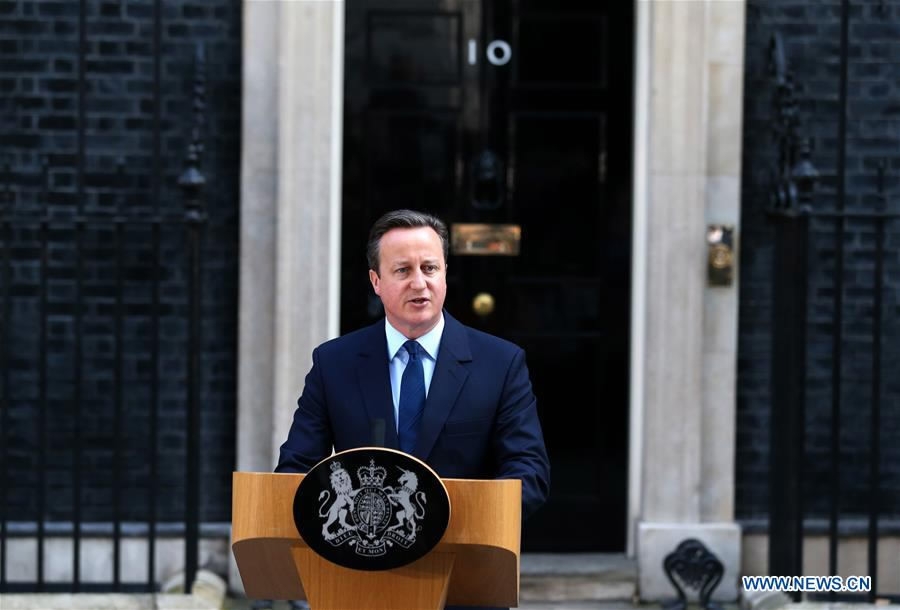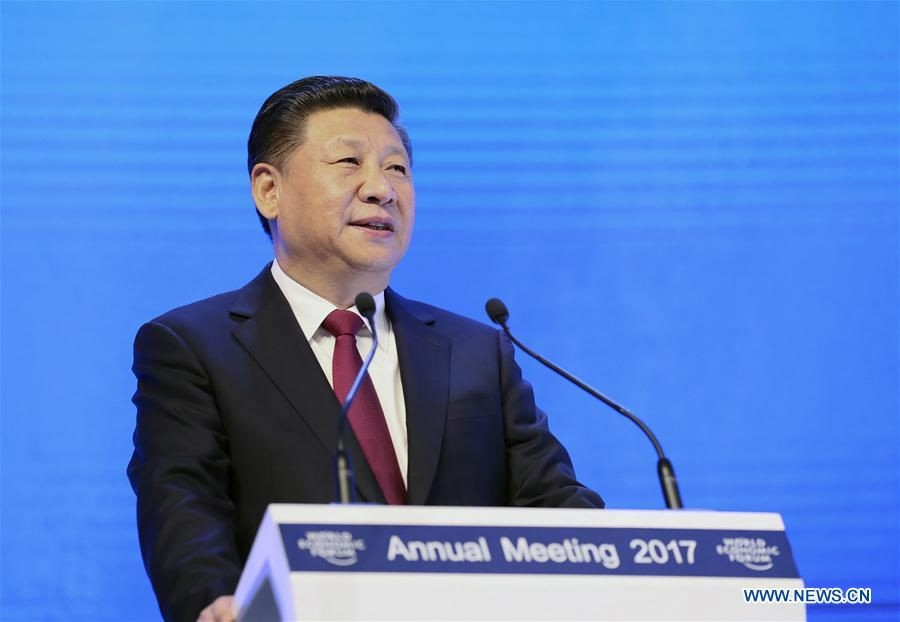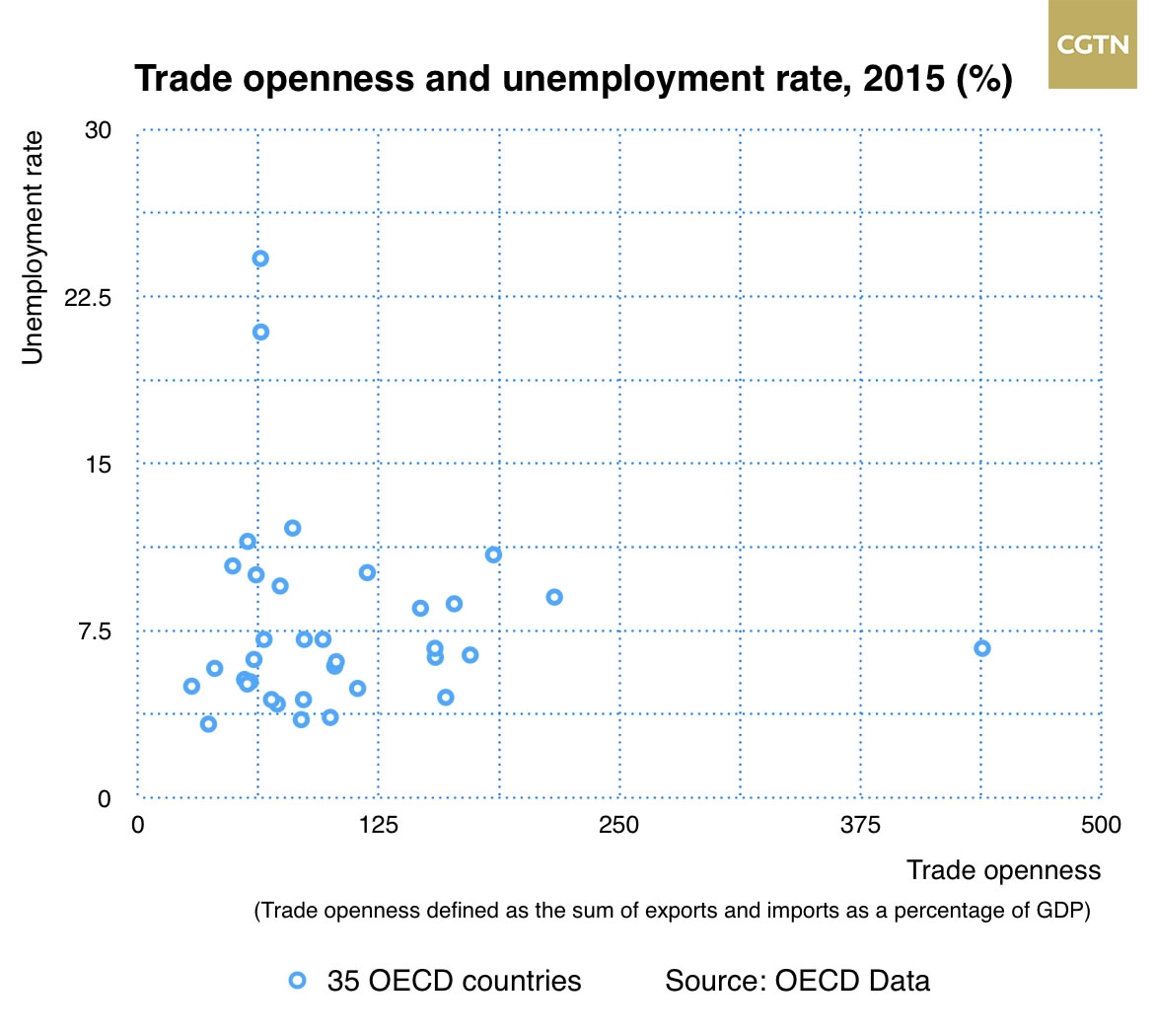By CGTN's Yao Nian
The benefits of globalization are feted by an overwhelming majority of mainstream economists, yet some of its consequences have been firmly rejected at the ballot box and on the streets over the past year.
Why do theory and personal experience clash? And is there a solution?
Myth?
Workers in advanced economies have varying grievances about the costs of globalization.
In the decentralized, flexible wage labor markets of the US and the UK, some believe workers have arrived from other countries, forced down pay levels and “stolen jobs.”
Unskilled blue or white collars in France, Germany and Italy, where the labor markets are centralized with relatively rigid wages, complain about job losses from the international integration of labor.

Protesters march down Dame Street during the anti-globalization May Day protests on May 1, 2004 in Dublin, Ireland. /CFP Photo
Protesters march down Dame Street during the anti-globalization May Day protests on May 1, 2004 in Dublin, Ireland. /CFP Photo
Free trade and investment can also arouse concerns over job costs. The trade deficit in the US may drain away domestic jobs in manufacturing. Multinationals transferring their factories to lower cost countries may export jobs.
Advanced technology, such as telerobotics and telepresence, will in the future allow cheap labor in Africa and Asia to remotely provide services to countries in Europe and the US, leaving their workers at risk of losing jobs.

A man talks to Lucy Kelly on a screen attached to a telepresence robot, which she used to purchase her iPhone 6s during the official launch at the Apple store in central Sydney, Australia, on September 25, 2015. /CFP Photo
A man talks to Lucy Kelly on a screen attached to a telepresence robot, which she used to purchase her iPhone 6s during the official launch at the Apple store in central Sydney, Australia, on September 25, 2015. /CFP Photo
It seems that workers have little leverage in this global game. But are these popular concerns really justified?
Reality?
Traditional trade theory suggests there are no long-run effects of trade on levels of unemployment. Empirical analysis of data from 35 Organisation for Economic Co-operation and Development (OECD) countries in 2015 also shows unemployment is not systematically related to trade openness.
When an economy is opened up, some sectors should expand and others contract. US workers in contracting sectors, like manufacturing, may lose jobs, but should find new employment in the expanding sectors, like services.
The unemployment effect of offshoring - moving part of a business overseas - is more complicated. British bank Barclays, for instance, is reported to have offshored 500 back-office staff to India, but it is hard to say that 500 jobs have been destroyed in the UK. If offshoring these jobs leads to the business expanding, total employment may increase.
According to the European Restructuring Monitor (ERM), offshoring accounted for only 10 percent of the total manufacturing job loss in European countries from 2003 to the end of June 2016. In other words, it was a factor in unemployment, but not a major cause.
Standard theory indicates that even for apparent losers from globalization, the overall welfare effects will be positive, as the gains should outbalance the losses.
Political backlash
Theory and big brush analysis are often of little importance to people working at the coalface, however. Narrow, personal experience paints a different picture, and a political backlash from people who feel they are losing out to globalization is evident across the West.
Voters’ anger at the consequences of globalization is widely seen to have contributed to the election victory of Donald Trump and the UK’s vote to leave the European Union.

David Cameron announces his intention to resign as British Prime Minister at 10 Downing Street in London, on June 24, 2016, after his country voted to leave the European Union. /Xinhua Photo
David Cameron announces his intention to resign as British Prime Minister at 10 Downing Street in London, on June 24, 2016, after his country voted to leave the European Union. /Xinhua Photo

Donald Trump speaks to supporters at his Election Night Victory Party at New York Hilton Midtown on November 9, 2016, after he won the US presidency. /CFP Photo
Donald Trump speaks to supporters at his Election Night Victory Party at New York Hilton Midtown on November 9, 2016, after he won the US presidency. /CFP Photo
“We may see a move to protectionism as countries try to preserve jobs within their economies, but this is unlikely to work in the long term,” warned Richard Baldwin, an economist who once worked for former US President George H.W. Bush.
“Pursuing protectionism is just like locking oneself in a dark room. While wind and rain may be kept outside, so are light and air,” said Chinese President Xi Jinping in his Davos speech on January 17, 2017.

Chinese President Xi Jinping delivers a keynote speech at the opening plenary of the 2017 annual meeting of the World Economic Forum in Davos, Switzerland, on January 17, 2017. /Xinhua Photo
Chinese President Xi Jinping delivers a keynote speech at the opening plenary of the 2017 annual meeting of the World Economic Forum in Davos, Switzerland, on January 17, 2017. /Xinhua Photo
Xi acknowledged that economic globalization is a double-edged sword, but stressed that blaming it for the world’s problems is inconsistent with reality and unhelpful to solving global problems.
If transnational companies are forced to move jobs back to their home countries and become less efficient as a result, they will ultimately lose their markets to international competitors.
The anti-establishment political backlash has not struck in countries like Japan, where the government has sought to help workers negatively impacted by globalization through expanding social welfare such as low-cost education and retraining.
Complementary social policies can ensure more people feel the benefits of globalization, and blunt its negative effects. These should be embraced by governments.
Globalization is irreversible - workers must be reassured that they can gain from it, rather than be displaced in this global game.









